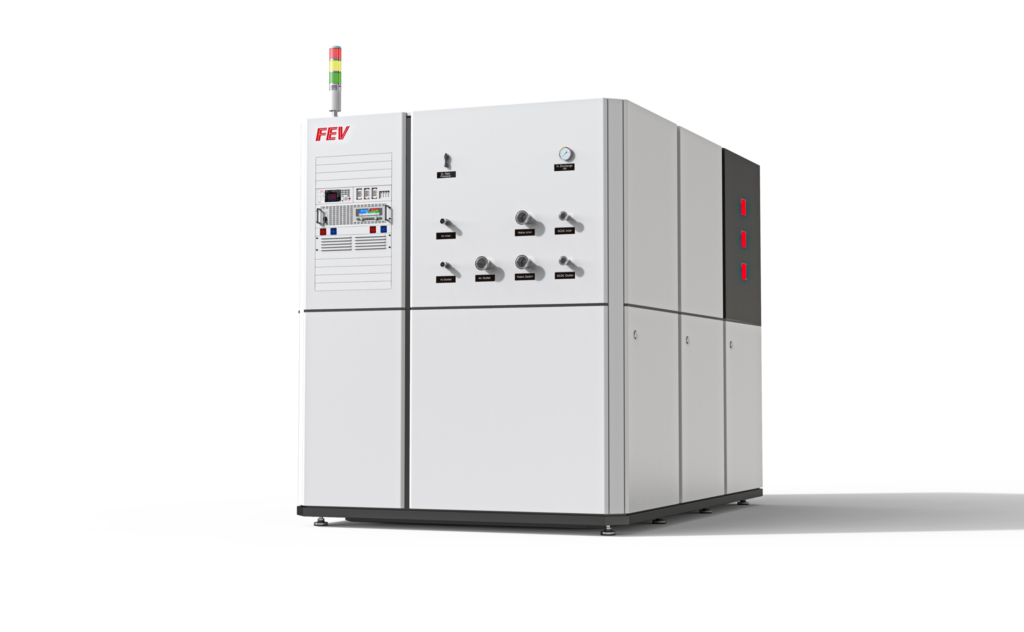In conjunction with EU consortium StasHH, testing specialist FEV is undertaking an EU-funded project that will see it define, develop and test the first European standard for fuel cell modules in heavy-duty applications.
The StasHH consortium encompasses a total of 11 fuel cell module suppliers, nine OEMs and four further research, engineering and testing institutes. Collectively, the group’s aim is to improve the market position of fuel cells by creating a standard, thus reducing costs, promoting competition and enabling future mass production.
Stefan Pischinger, president and CEO, FEV Group, said, “We are pleased to be able to contribute our long-standing expertise in fuel cell technology to StasHH. The integration of this technology is an important step to achieve CO2 -neutral mobility in the transportation sector.”
The standardization specification is set to include a fuel cell module’s physical dimensions, flow and digital interface, alongside testing protocols and other safety features. FEV is tasked with creating these standardized test protocols, and later, test execution.
FEV says it will use facilities and measurement equipment at its own test and development centers, including a hydrogen-capable climate chamber suitable for fuel cells, a fuel cell vehicle dynamometer and fuel cell system test benches. FEV also has a hydrogen supply infrastructure that will enable it to perform endurance runs. Alongside this, the company is also developing a rig specifically for the testing of standardized modules under demanding conditions.
Following the success of the standardization, the HH-series will be the new standard for fuel cell modules in Europe, to match the AA-series for batteries. A standardization for modules outside of Europe is also being investigated.


